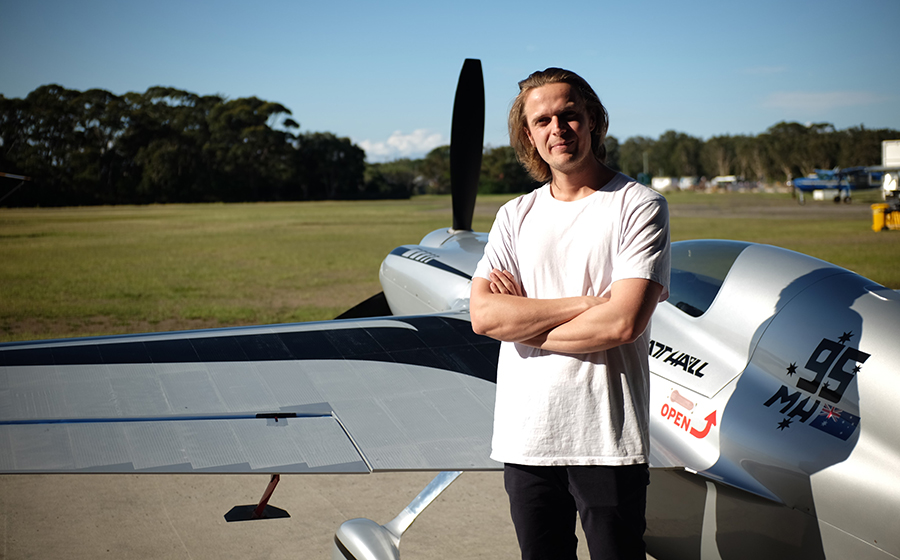
MicroTau, an advanced manufacturing company focusing on bringing biomimetic drag-reducing shark skin to the aviation industry, today announced it has raised $5.6M in seed funding in a round led by the Clean Energy Finance Corporation (CEFC) alongside strategic investors including venture capitalists Bill Tai and Amanda Terry of ACTAI Ventures and Bandera Capital.
The funding round will allow MicroTau to scale its manufacturing operations to supply international operators, grow its team of scientists, engineers, and business development specialists, and qualify the shark skin product for use on large commercial aircraft.
MicroTau’s proprietary manufacturing technology uses patterned light to create microscopic structures like the drag-reducing texture found on the skin of predatory sharks. This artificial shark skin improves fuel economy and cuts emissions, with the potential to save commercial aviation US$20 billion worth of fuel and reduce CO2 emissions by 92 million tonnes every year.
“With the International Air Transport Association (IATA) pledging to achieve net-zero emissions by 2050 and record high fuel prices, operators are searching for solutions to reduce fuel consumption” said MicroTau’s CEO and founder, Henry Bilinsky. “Aviation and shipping have a burning fuel problem that’s only getting worse. Over millions of years nature has developed solutions to improve efficiency, and now – with the backing of the CEFC – MicroTau will put shark skin inspired film on planes to help fight climate change.”
The CEFC led the the MicroTau seed raise with a $2 million investment through its specialist Clean Energy Innovation Fund. The CEFC investment will be managed by Virescent Ventures on behalf of the CEFC.
CEFC CEO Ian Learmonth said: “This is an exciting development from an Australian company that is leading the market in its innovation. The MicroTau technology has the potential to be a cost effective, scalable solution that can be retrofitted to existing transport to help minimise the carbon footprint of major transport industries.”
MicroTau manufactures the drag-reducing shark skin (called ‘riblets’) using a proprietary technology called Direct Contactless Microfabrication (DCM), which can create complex riblet designs for greater efficiency and rapidly modify designs for new applications at little to no additional cost – something which is not possible using existing alternative technologies.
In addition to shark skin, DCM is also capable of replicating microscopic structures found on the surfaces of other animals and plants, including adhesive gecko skin, anti-reflective moth eyes, self-cleaning lotus leaves, and anti-bacterial pitcher plants.
Initially founded in response to the US Air Force’s call for novel fuel-saving technologies, MicroTau also plans to bring drag-reducing shark skin to defence aerospace applications. “MicroTau’s shark skin product enhances mission capabilities including range, speed, endurance, and payload capacity. We’re looking forward to continuing to develop our relationships with defence operators and manufacturers in Australia and internationally,” said Henry Bilinsky.











